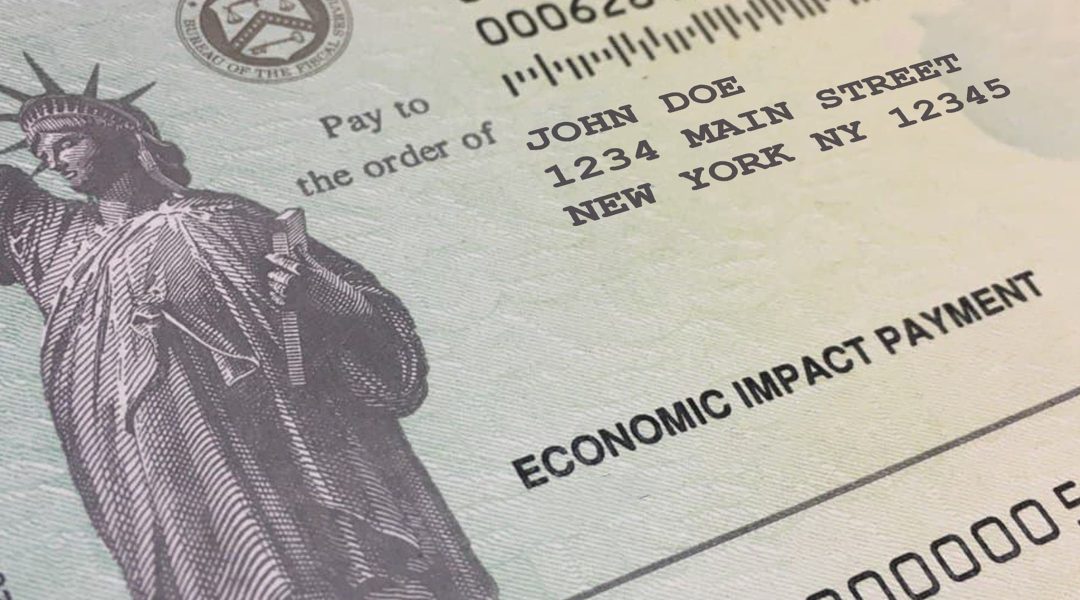Understandably, individuals with disabilities may be concerned that government stimulus payments related to COVID-19 could impact their eligibility for public benefits.
According to a recent article in Disability Scoop, most federal, state and local programs do not treat stimulus payments as income. BUT – after 12 months, if there are unspent funds, they will count as a resource. And of course, this could impact means-tested benefits.
Many want to start a savings account to assist with the tremendous expenses a disability can create. Yet countless individuals fear losing their eligibility for benefits, even federally funded ones like Medicaid or SSI.
What To Do?
Consider setting up an ABLEnow account. Funds in an ABLEnow account do not affect eligibility for most benefit programs, such as Medicaid and SSI.
Embark on a Path to Financial Independence
In 2014, the Stephen Beck Jr. Achieving a Better Life Experience Act (ABLE) was passed. This was a milestone: the first time this legislation recognized the burdensome extra costs associated with living with a disability.
Its intention was to help those with disabilities achieve financial independence. Those with disabilities know all too well the challenge of saving for the additional expenses they face, yet many fear putting their public benefits (Medicaid, SSI, SNAP) at risk.
How can an ABLE account help?
- ABLE accounts are intended to be a supplement – not a replacement – for federally funded programs, private insurance or employment
- It’s a tax—free savings account
- Contributions to an individual ABLE account can be made by any person
ABLE Act Eligibility Summary
- For persons with disabilities with an onset age before turning 26 years old
- If you meet the age requirement and are receiving SSI and/or SSD, you automatically are eligible to start an ABLE account
- If not an SSI or SSD recipient, but meet the onset age, you may be eligible for an ABLE account if you meet Social Security’s guidelines for functional limitations and can provide a letter of disability from a medical professional
As we mentioned above, many with IDD have expressed concern about receiving stimulus payments, since funds not spent within 12 months can be considered a resource. As a result, those eligible for ABLE may wish to save all or part of their stimulus payment in an ABLE account.
What Is an Eligible Expense Under ABLE?
The money in an ABLE account can be used for expenses incurred towards improving health, quality of life, and independence.
Allowable expense may include, among others:
- Education
- Food
- Housing
- Employment training/support
- Transportation
- Other expenses which contribute towards health, quality of life and/or independence
 Total annual contributions by participants, including friends and family, is $15,000. Individual states have set their own limits for total allowable ABLE savings, ranging from $235,000 to $529,999.
Total annual contributions by participants, including friends and family, is $15,000. Individual states have set their own limits for total allowable ABLE savings, ranging from $235,000 to $529,999.
While each state administers their own ABLE plan, you do not have to reside in the state to apply. For a list of states that accept out of state residents, visit: https://www.ablenrc.org/select-a-state-program/.
For more information about ABLE accounts, visit the ABLE National Resource Center.
Remember that every individual’s situation is unique – that’s why it’s important to consult with a professional before making any major decision.
Special Needs Companies is a one-stop-shop for the disability community that provides a vast array of legal and family services, including special needs planning, trust administration, case management, guardianship and conservatorship, and more.
Contact us to learn more about how we can assist you.

